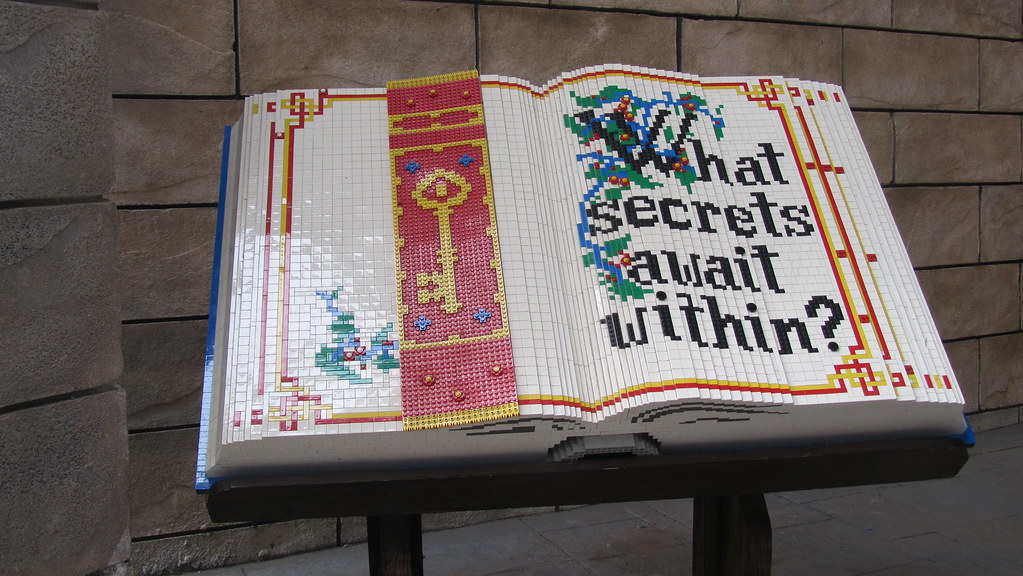 It is said that the world of thought creates the world of the physical.
It is said that the world of thought creates the world of the physical.But what does that actually mean? Is it a silly, sophomoric platitude that's been scraped out of some hot selling, half baked metaphysical self help book within the pop culture? Or is it a legitimate philosophical and metaphysical concept?
I see the world of cause as being the world of possibility. This means that everything that can be, already exists in the world of cause as pure potential. Everything that exists in the physical world is an expression of an inner idea. An automobile is an idea. A computer is an idea. The Earth is an idea. You and I are ideas.
The unwanted circumstances in our world, such as disease, war, hunger, genocide, and the collapse of ecosystems are ideas. When we get sick for instance, the physical disease is a manifestation of an idea. Conversely, our bodies' own healing powers, as well as the medical treatments, which can help to cure us or ease our pain and suffering, are also ideas.
It can be very helpful to remember that in the spectrum of manifestation, everything that exists in the world of form is already manifest. It is not becoming manifest; it has already happened. If, for instance, you are diagnosed with a disease, that means you already have received that diagnosis. There is absolutely nothing you can do to change that reality. It has already happened. If you break a bone, it has already happened, you can't unbreak it. As the old saying goes, A piece of toast can never become bread again.
When we are faced with crises or problems in life, we are prone to look for answers to our predicaments. This is both an extremely normal and a wonderfully human thing to do. Yet in order to find answers, we must ask questions. The quality of answers we receive depends on the quality of questions we ask.
If we ask ambiguous questions, then we find ambiguous answers. If we ask direct questions, we find direct answers. If we ask disorganized questions, we find disorganized answers. If we ask childish questions we find childish answers.
A common question that is asked when someone receives devastating news is, "Why did this happen to me?" I have asked myself that question many times. It's very normal to ask that or questions similar to it. However, I have come to understand that this type of question rarely leads to answers that are helpful, and can often actually be quite harmful.
When something has happened already, it really doesn't matter, "why" it happened, especially not as the first order of business in taking care of the situation.
Questions of a different order that prompt more helpful answers would be questions such as, "what can I do to help right now?"
Asking how one's personal thoughts contributed to a crisis is a very childish type of question to ask in the midst of the crisis, and you will usually find very childish and unhelpful answers by following that line of questioning.
The difference I see between asking questions like, "why did I do this to myself?" versus questions like, "how can I best take care of myself right now?" is that the first type of question is an attack on oneself, and the other is a loving response to a situation.
The most famous section of a prayer which has become known as the Serenity Prayer states, God grant me the serenity to accept the things I cannot change, the courage to change the things I can, and the wisdom to know the difference.
If you receive bad news, you can't change the fact that you just received the news; yet resisting or denying that which has just presented itself to you cannot bring you serenity. Accepting that it happened is actually the only thing that can bring serenity.
Even though it's not possible to change what has already happened, what can we change? We can change a lot. We can change the quality of questions we ask ourselves, for starters. We can change the way we treat ourselves. We can change the way we treat others. We can change the choices that we make from moment to moment. We can change our behaviors.
We can change an infinite amount of things in any situation, not the least of which are our own decisions we choose to make about ourselves and the world.
Personal choice and responsibility have much to do with how we allow our characters to be formed as we respond to the various circumstances in our lives. Some people go through hell, and the result is that they become more loving to themselves and the world. Others go through similar circumstances and the result is that they become mean, bitter and cynical.
If we get sick, "how am I to blame for this?" is a poor question to ask. However, once the dust has settled and we are capable of looking more clearly and analytically at the situation, we may come to realize, for example, that we are constantly seething with anger, rage and resentment.
Did these thoughts and emotions actually cause our disease? Personally, I don't think it really matters, and would never consider asking that question. However, releasing the thoughts we habitually carry which cause us distress definitely can't hurt our healing process. In fact, most people I know who do so, discover that in letting go of these resentments, angers and rages they are actually supporting their healing, sometimes in seemingly miraculous ways.
Does this mean that we should never allow ourselves to feel angry, upset, victimized, brutalized and abused by the world at times? Of course not. But if we discover that those feelings are our normal baseline emotions, then we may want to consider doing some work on ourselves. We may want to take a good look at the questions we are habitually asking ourselves and the moment to moment choices we are making.
Asking questions like, "Right now, in this very moment, what is the most loving response?" can lead us to answers that make a positive difference in ourselves and the world around us. Asking ourselves, "why did I create this reality for myself?" can lead us to answers that make us feel bad about ourselves and the world around us.
Matthew 7: 7-8








